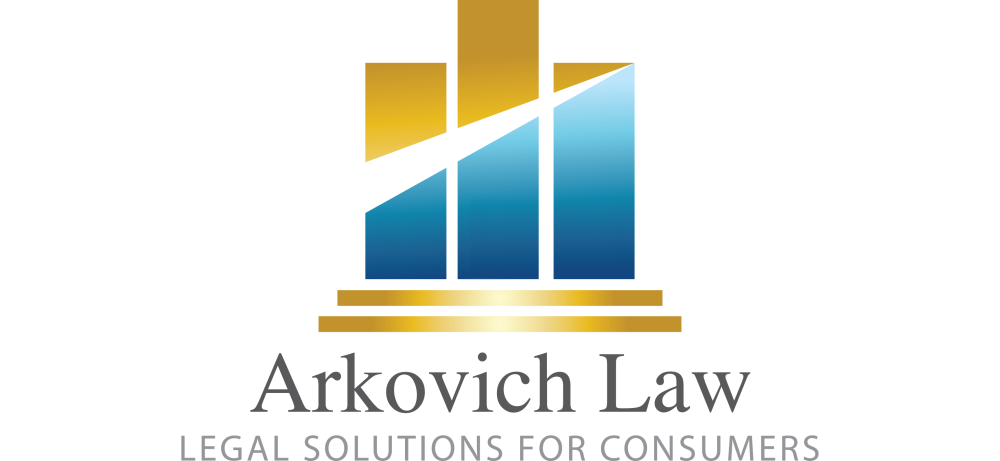Tampa Student Loan and Bankruptcy Lawyer Blog — August 6, 2020
Bankruptcy revolves around full disclosure. You can get a full discharge for most debts if you tell the trustee or court about your assets. I say “most debt” because there are rules regarding IRS debt, student loans, and secured debts such as vehicles, 401k loan, etc. Things like claims against credit furnishers, debt collectors etc. You should disclose these claims to receive the discharge. However, if you fail to do so, you may have difficulty pursuing them in the future. You can then pursue the claim during bankruptcy or afterwards. It is best to disclose potential claims in order to ensure abandonment in Chapter 7 bankruptcy, or to ensure that the debtor receives the claim at confirmation in Chapter 13. If you do not schedule the claims, and inform the trustee that they exist, you may face certain obstacles later on when you attempt to pursue them. These defenses include:
Standing, a claim should have been the property of the estate.
judicial Estoppel – because failing to list means you claimed that you did not have a cause of action earlier.
Most of the time these defenses are successfully raised by creditors seeking to dismiss consumer claims. Do not let this happen by failing them to disclose in a bankruptcy.






